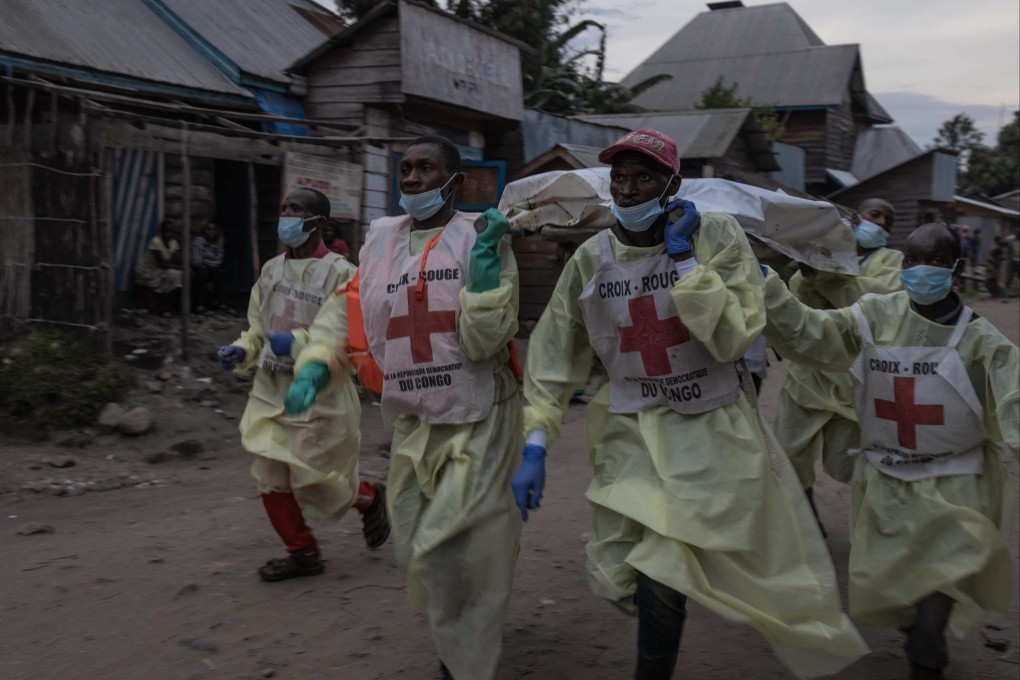Over 5,500 still missing in Congo after floods, says official
- More than 400 people were killed when torrential rain caused landslides and flash floods
- Floods are latest major disaster in Africa highlighting vulnerability of countries with poor urban planning and weak infrastructure to impacts of climate change

More than 5,500 people are still unaccounted for in an area in east Democratic of Congo where floods killed more than 400 people last week, a local official said on Tuesday, as shaken survivors waited for food aid.
Scores of bodies have been recovered from the villages of Bushushu and Nyamukubi in South Kivu province’s Kalehe territory since torrential rain caused landslides and flash floods, flattening buildings and sweeping away crops.
Mass graves were dug over the weekend to dispose of the dead, many of whom were women and children, prompting complaints from some civil society groups who said the burials were undignified.
Red Cross workers have sounded the alarm about a lack of supplies and equipment to assist more than 8,800 affected residents, many left homeless and traumatised after one of the deadliest natural disasters in Congo’s recent history.
Kalehe administrator Thomas Bakenga Zirimwabagabo said on Tuesday that 411 bodies had been found so far and that at least 5,525 people were still missing.
A government delegation arrived in the area on Monday evening and was expected to bring food and tents for the survivors. Many have been staying with relatives or in public buildings left intact, leading to overcrowding.